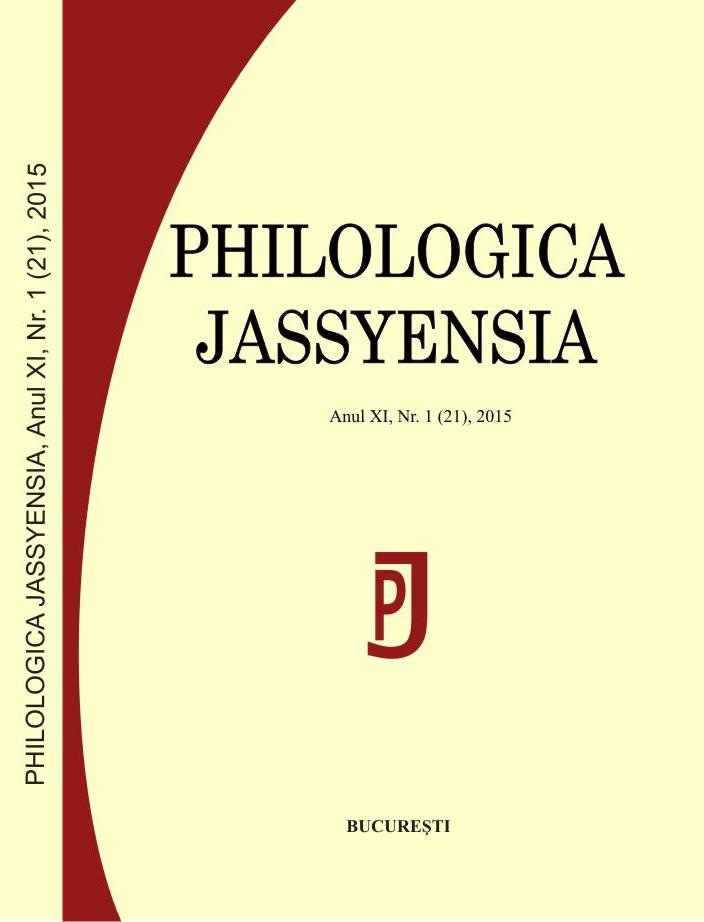The Nothingness in Samuel Beckett’s Prose Writing How It Is as an Aesthetic Concept
The Nothingness in Samuel Beckett’s Prose Writing How It Is as an Aesthetic Concept
Author(s): Iulia LucaSubject(s): Language and Literature Studies
Published by: Editura Tracus Arte
Keywords: nothingness; irrational; alienation; loneliness; human condition; Samuel Beckett; How It Is
Summary/Abstract: Samuel Beckett presents the futility and illogicality of the human condition. He does not present single destinies but tends to generalize the destiny of the individual. With him the totality of the human condition is the one that comes to be questioned, not the man of a certain society, not even the man alienated by a certain ideology which simplifies and modifies at the same time the historic and metaphysical reality, the authentic reality into which man is integrated. Therefore, he presents several relations between human beings in order to render man’s struggle for existence and affection in a meaningless world. To what an extent this is being accomplished in Beckett’s work becomes the main task of the following paper, the main focus being the universal validity of the human condition and destiny. Thus, these are limited to the ultimate truths of existence and the metaphysical implication of the dramatic discourse. However, the topic of aestheticism being inexhaustible and somehow “in the eyes” of the perceiver it is a prerogative of the argument to stress out the effect on the reader of the narrative as such and to refer strictly to the human condition viewed in a highly philosophical manner.
Journal: Philologica Jassyensia
- Issue Year: XI/2015
- Issue No: 1 (21)
- Page Range: 199-205
- Page Count: 7
- Language: English

